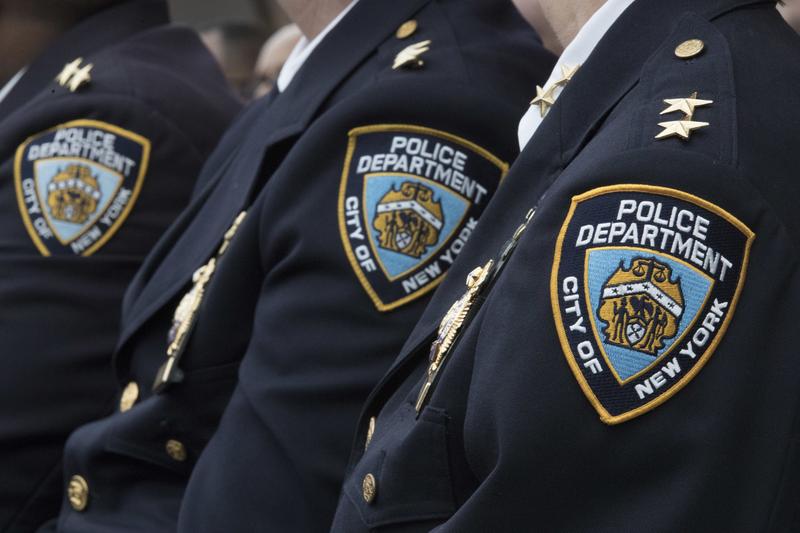
Mayor Bill de Blasio said the NYPD will never turn people over to federal immigration authorities for so-callled quality-of-life offenses.
He made the point on the Brian Lehrer Show Friday, using examples like littering or being in a park after hours — "not arrest-worthy offenses on their face," he said.
"Those are the kinds of things that would be ludicrous to deport someone over," de Blasio added.
But legal advocates responded swiftly, arguing low-level offenses under broken-windows policing that are misdemeanors can result in arrests. Then when someone is finger-printed, their information is entered into a database that is shared with the Federal Bureau of Investigation and Immigration and Enforcement Control.
"When you are arrested, not just when you are convicted, you are on the radar of ICE," said Tina Luongo with the Legal Aid Society.
She said Legal Aid is defending cases in immigration court every day for people whose records include these low level offenses.
"So it's not exactly true that people don't get deported and it's certainly not true that people aren't getting detained for it," said Luongo, adding it’s more proof that broken-windows policing should be abandoned.
A spokesman for the mayor said changing NYPD policy is the wrong approach.
"The mayor wisely believes that the response to a broken federal immigration policy should not be to break a local criminal justice policy that has helped make our city the safest big city in the country – for documented and undocumented New Yorkers," said press secretary Eric Phillips.
Asked if the city has any plans to back away from broken-windows policing, Phillips responded with one word: "No."
